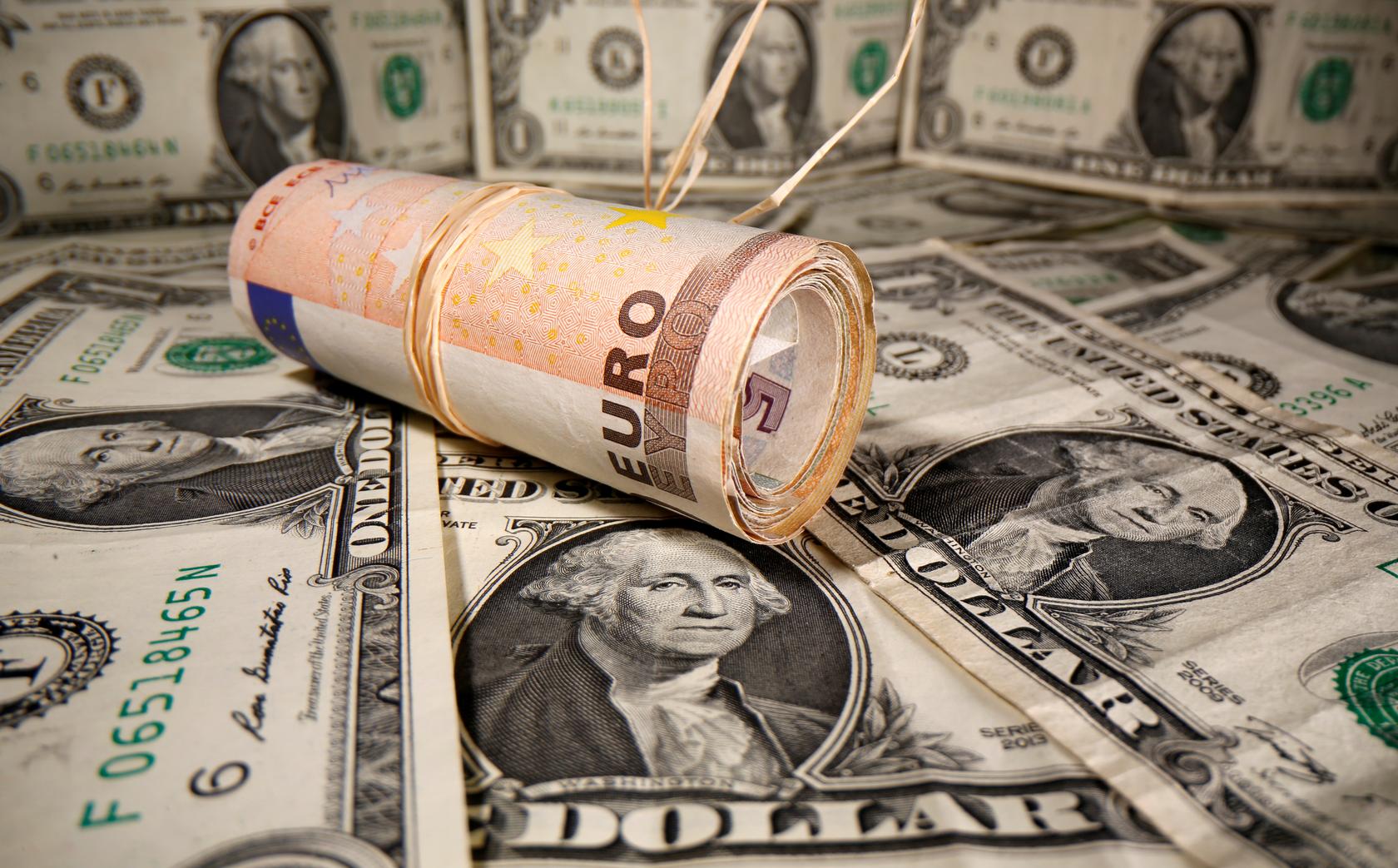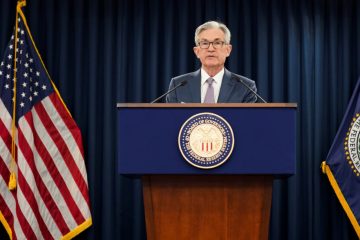Dollar stumbles as rate path fuels recession worries

The U.S. dollar slipped against its major peers on Friday, on course for its first weekly decline this month as investors assess the path for Federal Reserve policy and whether aggressive rate hikes would trigger a recession.
The dollar index, which measures the greenback against six rivals, edged down 0.07% to 104.33 in the Asian morning. It fell back from a 0.19% rise the previous day that was driven mostly by a decline in the euro after weak European factory data reduced bets for European Central Bank tightening.
Dollar trading has been choppy this week, with markets now betting on more cautious policy action from the Fed after another expected 75 basis point rate increase in July.
Fed Governor Michelle Bowman said on Thursday that she supports 50 basis point hikes for “the next few” meetings after July’s. Meanwhile, Fed Chair Jerome Powell, in his second day of Congressional testimony, stressed the central bank’s “unconditional” commitment to taming inflation, even amid risks to growth.
Recession fears have tamed Treasury yields, suppressing a key support for the dollar, with that on the 10-year note sliding to a two-week low overnight.
Against the yen, which is extremely sensitive to changes in U.S. yields, the dollar eased 0.1% to 134.795. For the week, it was down about the same amount, and set to snap a three-week, 6.19% winning streak.
The euro ticked up 0.11% to $1.0533, but after tumbling 0.44% overnight after weaker-than-expected German and French PMI figures.
Germany also triggered the “alarm stage” of its emergency gas plan on Thursday in response to falling Russian supplies.
“The market has started to trim a reasonable amount out of pricing for the next couple of ECB meetings,” National Australia Bank interest-rate strategist Ken Crompton said on a podcast.
“There have been a couple of factors there which have really added up, which have really started to question how far the ECB will be able to get into its tightening.”
For the week though, the euro remains up 0.44% against the dollar.
Sterling rebounded 0.16% to $1.2281, putting it on track for a 0.5% weekly rise that would end a three-week losing run.
Australia’s dollar ticked up 0.13% to $0.6904, but was still set for a 0.48% weekly decline, its third straight losing week.


